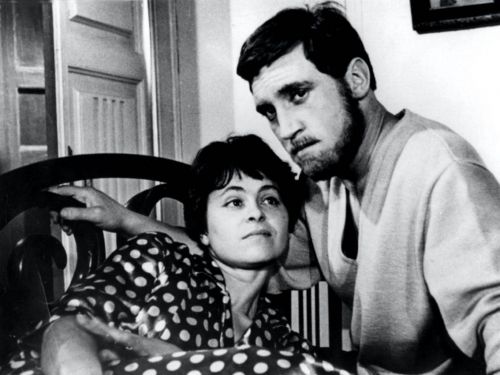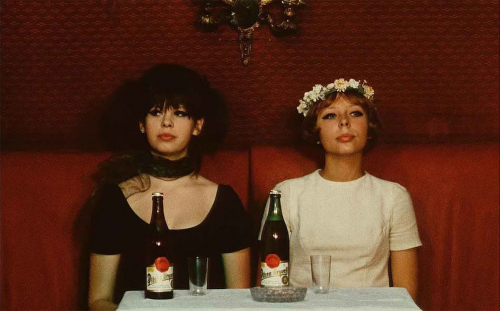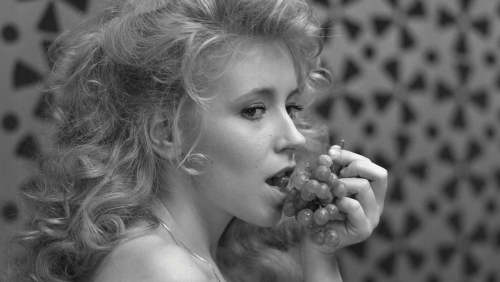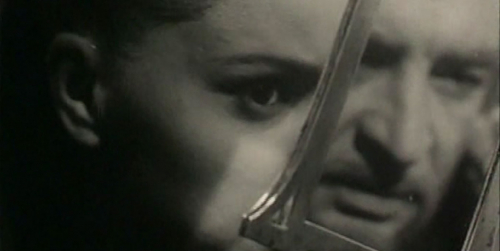Archive
Double Burdens: Exposures & Expressions
The Tied-Up Balloon
Privarzaniyat balon
Director
Binka Zhelyazkova
Producer
Hristo Gradeschliev
Cinematographer
Emil Vagenshtain
Editor
Borislav Penev
Sound
Doncho Hinov
Contact
Boyana Film Laboratory
Sofia, Bulgaria
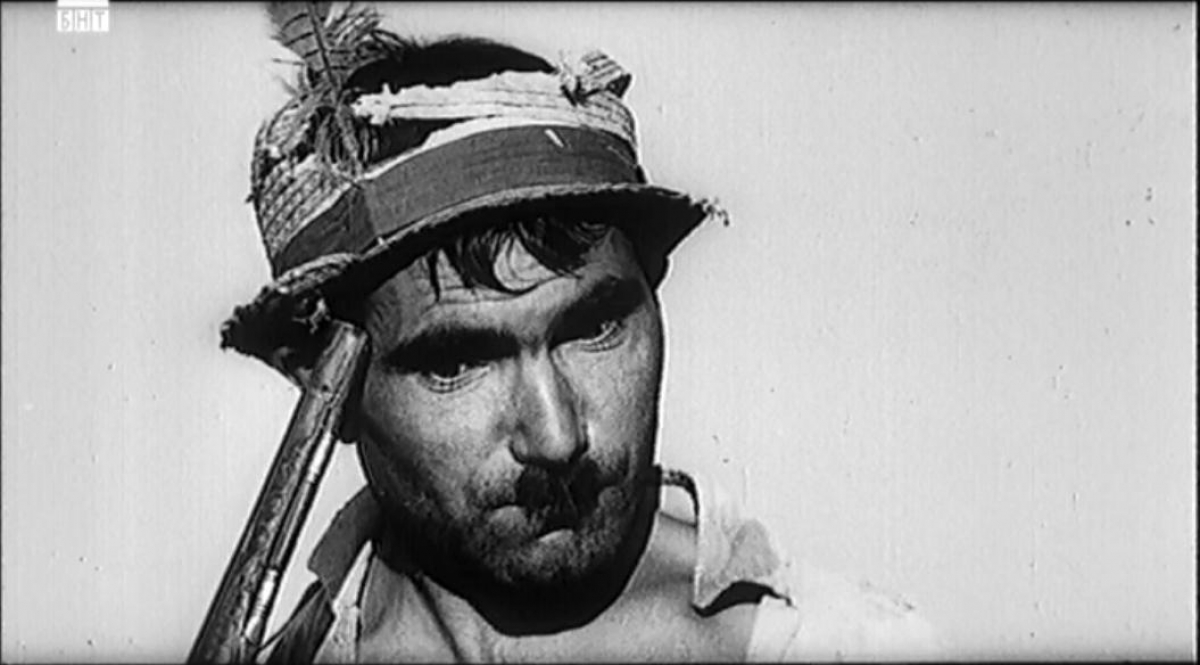
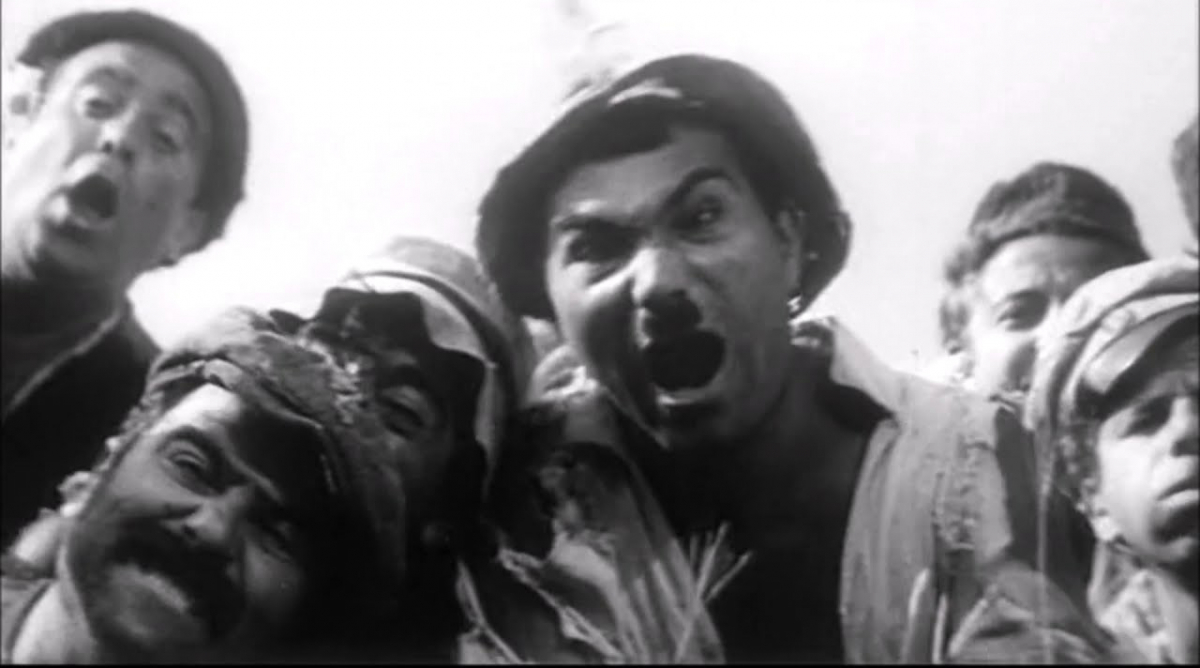
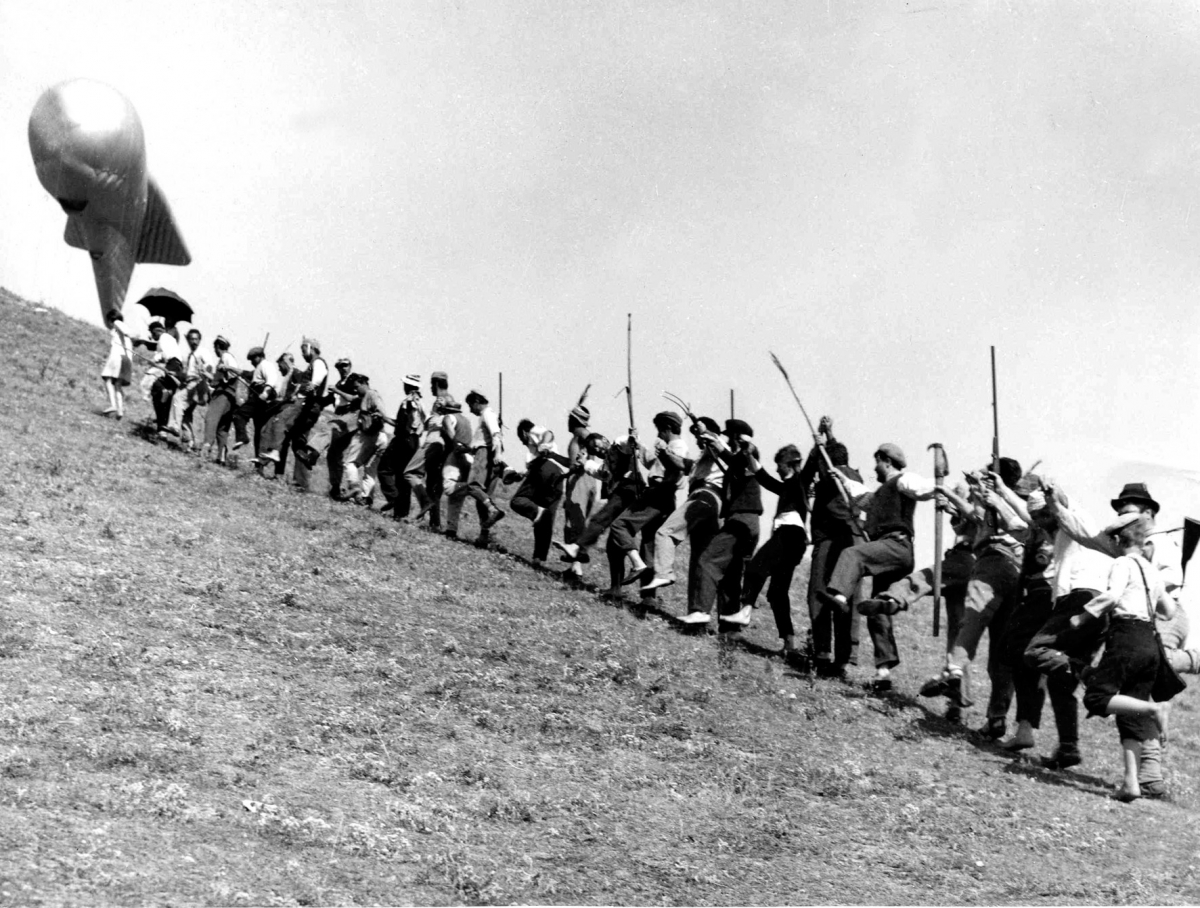
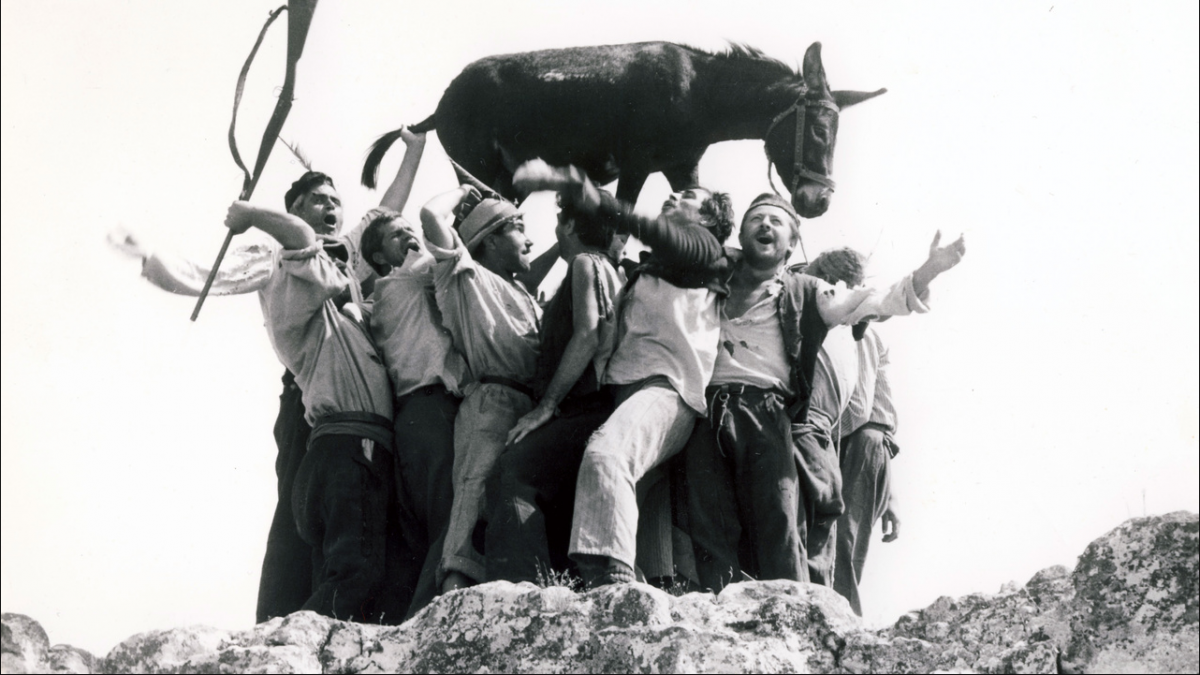
1967
Bulgaria
98 min
Black & White
Director of XXX phenomenal features, Binka Zhelyaskova’s 1967 satirical comedy The Tied-Up Balloon (based on Yordan Radichkov's magical realist novel of the same title), is her most politically daring work. During the Second World War, an enormous goldfish-shaped balloon suddenly appears above the Bulgarian countryside, grabbing the attention of the peasants. Like the Pied-Piper, it dovetails a path in directions unknown, with the villagers – drawn to its relentless freedom – in tow. The possibilities are endless until a policeman arrives, and the dreams of freedom deflate. Following the film’s premiere, it was immediately banned by the central authority due to its rugged depiction of life in Bulgarian villages as well as subtle hints about the origins of many of the state’s communist leaders.
Dorota Lech
Dorota Lech
Directors' Biography
Binka Zhelyazkova was born on July 15, 1923, in the town of Svilengrad, Bulgaria. She studied theater at the National Theater Institute in Sofia. For a brief time, she also studied theater direction at VGIK, Moscow, with theater professor Lobanov. Upon graduation, she began working as an assistant director at the National Film Studio in Sofia. Her career as a film director began in 1957 when she co-directed her first feature film Life Flows Slowly By… with her husband Hristo Ganev. At the end of the 1950s, Binka Zhelyazkova was one of the few women in the world making feature films. Her career developed during the period of socialist realism in Bulgarian cinema, which demanded the presentation of an idealized image of life as if it were a reality. This was to be done by means of simple plots and positive heroes. But hers was a counter-cinema to the accepted socialist realism, often challenging the restrictive rules set by the Communist ideological machine. Binka Zhelyazkova’s style was influenced by Italian Neorealism and the French New Wave, as well as Russian Cinema. The poetic and metaphoric imagery of her films often prompted critics to compare her to Fellini and Tarkovski.
Other films in Double Burdens: Exposures & Expressions
Showtimes
No Showtimes
